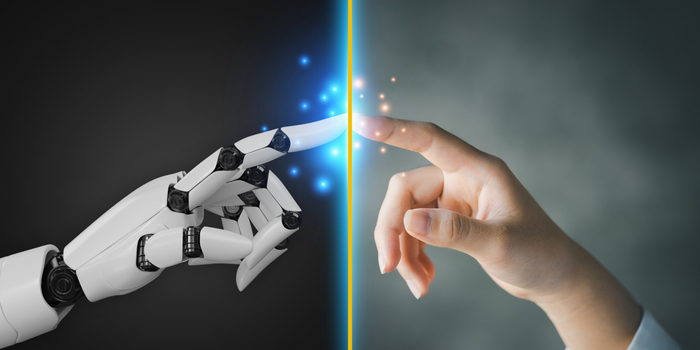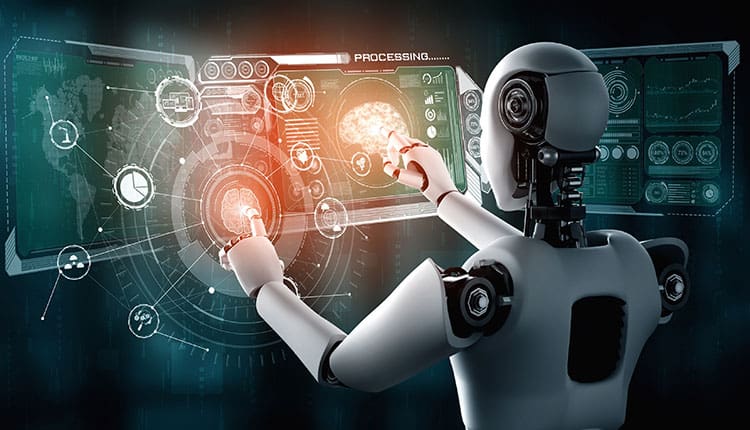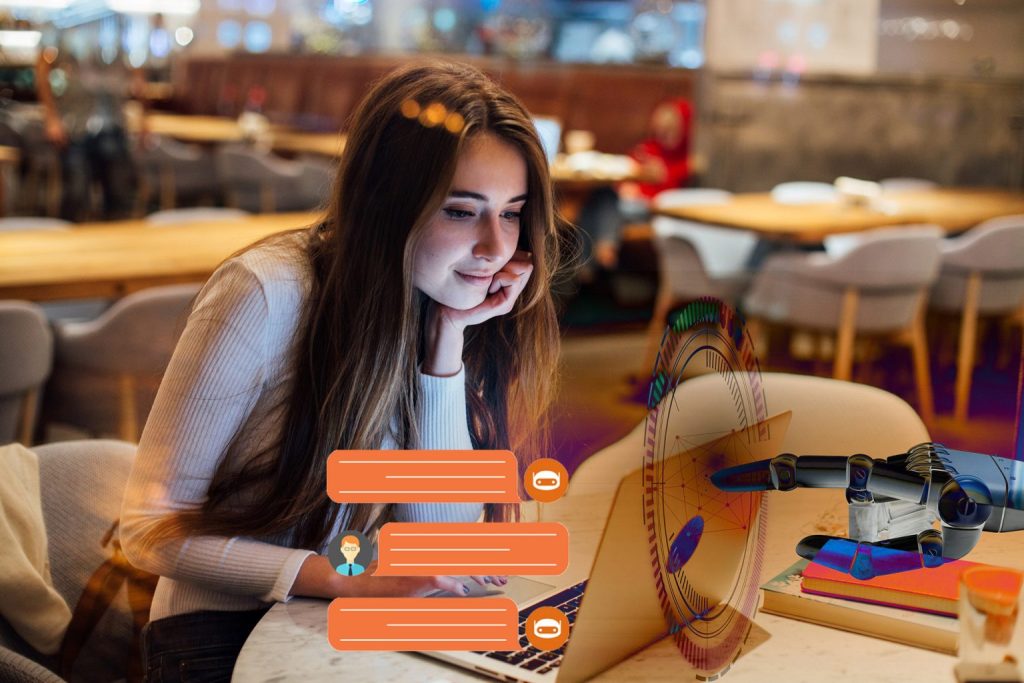
Artificial Intelligence (AI) is constantly reshaping industries, and healthcare is one of the biggest beneficiaries. One fascinating (and a bit eerie) development is the AI Death Calculator. Imagine a tool that can predict your time of death based on personal data—sounds like something straight out of science fiction, right? Well, it’s slowly becoming a reality. But how exactly does it work, and should we trust it? In this article, we’ll dive deep into AI death calculators, their implications, and everything in between.
Introduction to AI and Mortality
Before we jump into the specifics of an AI Death Calculator, let’s lay the groundwork by understanding AI itself and how it ties into our concept of mortality.
What is Artificial Intelligence?
At its core, artificial intelligence refers to the simulation of human intelligence processes by machines, especially computers. These processes include learning, reasoning, and self-correction. Essentially, AI allows machines to think and make decisions similar to humans, but often much faster and more accurately. From Siri to autonomous cars, AI is everywhere.
The Concept of Mortality and Death
Death is the inevitable end of life, and for centuries, people have tried to predict it. Some relied on superstition, others on science, and now, we have AI. While predicting the precise moment of death is impossible, predicting life expectancy or the risks leading to death is something that modern algorithms can help with. So, when you combine AI with health data, you get something powerful—an AI Death Calculator.
The Rise of AI in Health and Predictions
AI has made impressive strides in healthcare. It’s not just about robots performing surgeries anymore; it’s about using data to predict the future of health outcomes. Here’s how AI is changing the healthcare game.
How AI is Transforming Healthcare
AI is already being used to analyze medical images, detect diseases like cancer at earlier stages, and even predict heart attacks. By scanning vast amounts of medical data, AI can identify patterns that humans may miss, leading to earlier diagnoses and better treatment options. This is just one example of how AI can predict outcomes—but what about predicting death?
The Growing Popularity of Predictive Models
Predictive models in healthcare use data to forecast future events, whether it’s the likelihood of a disease or even the risk of death. The rise of big data has made these predictions more accurate. For example, an AI system can assess your lifestyle, medical history, and even genetic information to give you a better idea of what’s in store for your health. The natural progression? Predicting the end of it.
What is an AI Death Calculator?
An AI Death Calculator is a tool that uses machine learning and predictive analytics to forecast the likelihood of death based on an individual’s personal and health data. But how does it work? And what goes into these predictions?
Overview of Death Calculators
Death calculators aren’t exactly new, but they’ve been limited in their scope. These calculators often rely on simple factors like age, smoking habits, and family medical history. AI takes it a step further by using more comprehensive data, including lifestyle habits, genetic factors, and even environmental influences to predict mortality more accurately.
How an AI Death Calculator Works
The AI Death Calculator typically asks for a range of personal information, from basic details like age and gender to more intricate data such as lifestyle choices, medical conditions, and even social factors. It then uses algorithms to process all this data, drawing comparisons to a vast database of similar cases. From there, it provides an estimate of when a person might die, along with an associated level of risk.
The Technology Behind AI Death Calculators
Understanding how AI works can feel like diving into a black box, but we can break it down. Here’s a closer look at the tech that makes it all possible.
Machine Learning Algorithms
At the heart of AI Death Calculators are machine learning algorithms. These algorithms are trained using large datasets, teaching the AI to identify patterns and make predictions. The more data they have, the better they get at making accurate predictions. When it comes to death prediction, these algorithms analyze a combination of factors like health, genetics, and even social life.
Data and Predictive Analytics
Data is the fuel for AI. For death calculators to work, they need access to large, diverse datasets. This data often includes a person’s medical history, lifestyle choices, and demographic information. Predictive analytics involves using this data to forecast future events. For example, if someone has a high risk of heart disease, the AI might predict a higher chance of premature death from a cardiovascular event.
The Role of Big Data in Death Predictions
Big data is essential for the accuracy of AI death calculators. The more data they can access, the more accurate their predictions can be. By analyzing millions of data points, AI can discern subtle patterns that might not be visible to human doctors.
Understanding Statistical Models
Statistical models help AI systems predict outcomes. These models analyze the relationship between different variables—like age, health, and environment—and calculate the probability of certain events, such as death. The AI uses these models to predict when someone’s time might come, based on their current health status and life circumstances.
Ethics and Controversy Surrounding AI Death Calculators
AI Death Calculators raise a number of ethical questions. Should AI have the power to predict death? Can we trust these predictions? And what happens if the results are wrong?
Should AI Be Used for Mortality Predictions?
This is the question that divides many. Some argue that AI’s predictive power could help individuals prepare for the future, make better health decisions, and even reduce the emotional burden of uncertainty. Others, however, worry that predicting death could lead to fear, panic, or misplaced actions. The idea of knowing when and how you’ll die may be too much for some people to handle.
The Ethical Dilemmas of AI in Healthcare
There are ethical concerns around privacy and the use of personal data for these predictions. While AI can provide insights into an individual’s health risks, it also requires access to sensitive information. Is it ethical to use such data to predict death, and should there be safeguards to protect against misuse? These are tough questions that need to be addressed before AI death calculators become mainstream.
Potential Benefits of AI Death Calculators
Despite the concerns, there are some potential benefits to AI Death Calculators that can’t be ignored.
Personalized Healthcare Predictions
AI Death Calculators could provide personalized health recommendations based on individual risk factors. For instance, if the AI predicts a high risk of heart disease, it could recommend lifestyle changes or preventative measures that could extend a person’s life. This level of personalization could revolutionize preventive healthcare.
Improving Quality of Life
By predicting a person’s potential health outcomes, AI could help people make better life choices—whether it’s quitting smoking, exercising more, or seeking early medical intervention. A more informed population could ultimately improve both lifespan and quality of life.
Limitations of AI Death Calculators
While AI has its advantages, it also has limitations.
Accuracy Concerns
Even the best AI models can make mistakes. Predicting the exact time of death is nearly impossible due to the complexity of human life. Life is full of unpredictability—accidents, sudden health events, and more. AI death calculators can offer estimates, but they can’t provide certainty.
The Emotional Impact of Knowing One’s Predicted Death
What happens if someone knows their predicted time of death? The emotional toll could be severe. Anxiety, stress, and fear of death could worsen one’s health, making the prediction counterproductive. This raises important questions about the psychological effects of knowing the future.
The Future of AI and Mortality Predictions
As AI continues to evolve, so too will its ability to predict and understand mortality. But what’s next?
Integrating AI into Traditional Healthcare
Rather than replacing traditional healthcare providers, AI could work alongside doctors to offer deeper insights and more accurate predictions. This could lead to more informed decision-making, allowing for better treatment plans and early interventions.
Can AI Predict More Than Just Death?
The future of AI may involve predicting more than just when someone will die. It could eventually offer predictions about future diseases, life events, or even mental health. The possibilities are endless, but there’s still much to explore.
Conclusion
AI Death Calculators are a glimpse into the future of healthcare and mortality predictions. While they offer intriguing possibilities, they also come with ethical dilemmas, limitations, and emotional risks. Should we embrace these tools, or are they too much for society to handle? Only time will tell. As AI technology evolves, so too will the conversations around how far it should go in predicting our ultimate fate.






